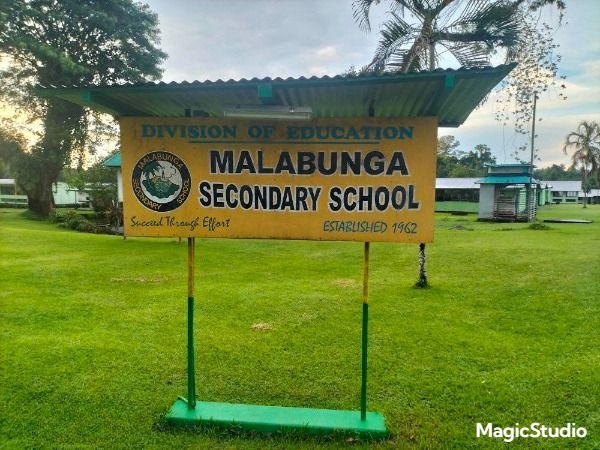Blackouts are unfortunately a regular occurrence at the Malabunga Secondary School in the East New Britain province, an occurrence that continues to affect the education of over 1, 400 students.
The rural school, which has 770 day- students, 668 boarding students, 49 teaching staff and 20 ancillary staff, often experiences both electricity and water issues.
Principal for Malabunga Secondary, Bruno Kulai stated that the school’s water supply is heavily dependent on electricity.
“Whenever the power goes out, our water supply also gets cut off because we use a bore water pump that operates on electricity to extract water from underground.”
“The regular blackouts affect how well the machine operates.”
“If the machine gets damaged then we have to spend money on new parts.”
Kulai stated that whenever there are issues with water supply, the boarding students are sent home and attend classes as day students.
The boarding students come back when regular water supply returns.
Kulai, who has served as a principal in various schools for nearly 15 years, stated that most schools spend approximately K5, 000 to K6, 000 a month on electricity.
Malabunga Secondary, however, spends an average of K10, 000 to K12, 000 each month on power bills.
In the meantime, the school is considering a purchase of a brand new 110kVA generator to assist in electricity supply.

